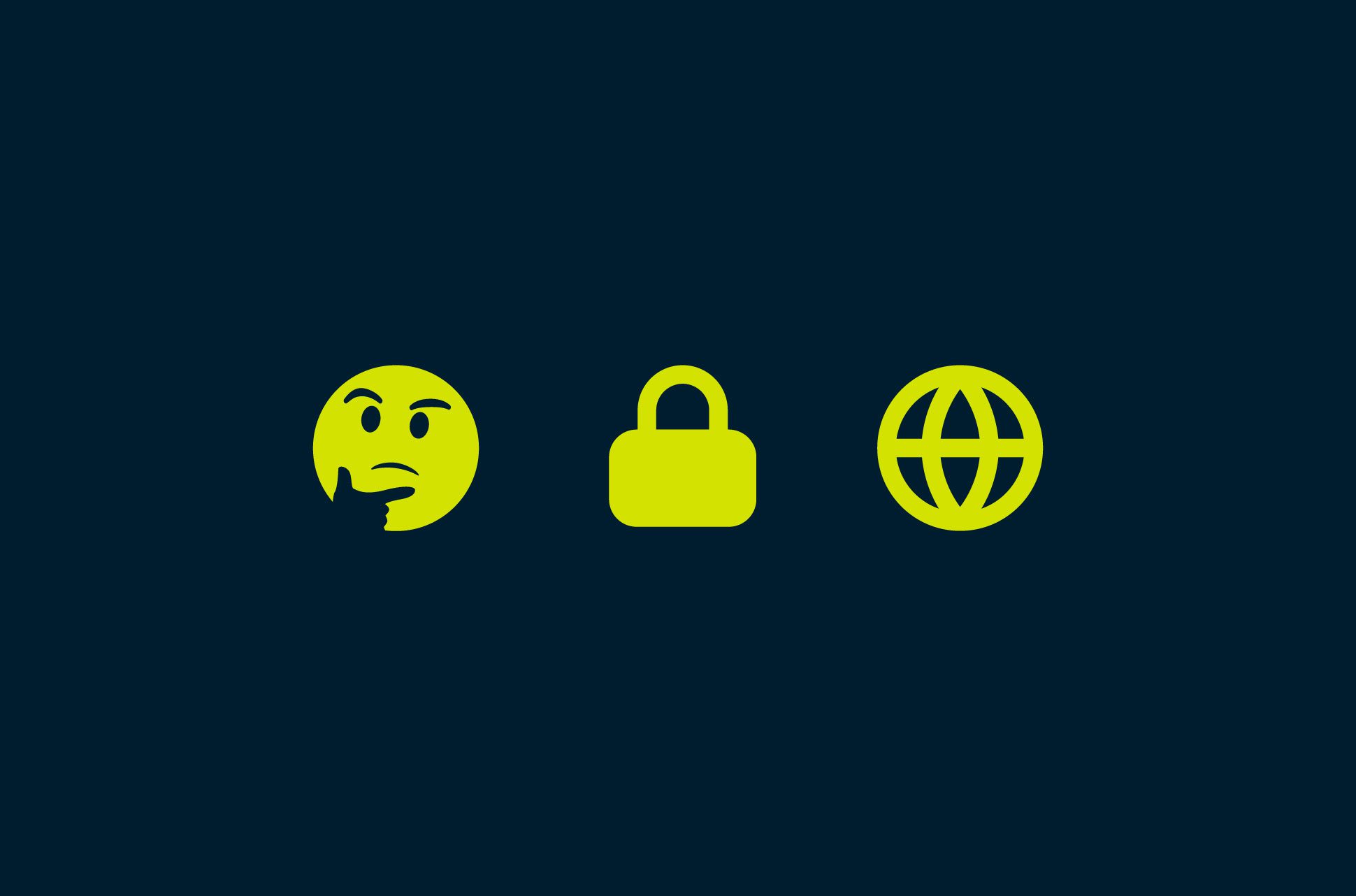
Every year, over 900 million emojis are sent every day without text on Facebook Messenger, and since 2015, half of all comments on Instagram have included an emoji.
Judging from these stats, it’s safe to say that emojis have become part of our standard digital language. And they’ve come a long way since first appearing on Japanese mobile phones in 1997, evolving to express thoughts and experiences that are globally relevant.
In the spirit of World Emoji Day 📅, we’ve attempted to answer some of your most frequently asked questions regarding VPNs ... using only emojis.
Why should I use a VPN?
People use VPNs to keep their online activity private and ensure access to sites and services that might be restricted.
In emojis:
What can you do with a VPN?
Using a VPN changes your IP address, allowing you to browse the internet as if you were anywhere in the world—and you get to select the location!
In emojis:
Why pay for a premium VPN?
It’s hard for a free VPN to match the features and services of a quality paid provider. For example, free VPNs often experience slow connections bogged down by masses of users on suboptimal networks.
When you subscribe to ExpressVPN, you are guaranteed 24/7 customer support, watertight security, and a large selection of VPN server locations.
In emojis:
What should I be looking for when choosing a VPN?
You should pick a VPN you can trust. That means:
- A transparent privacy policy
- Independent audits
- Design systems to avoid storing personal data
- Consistent commitment to internet privacy and digital freedom
In emojis:
How would you explain a VPN in emojis?
Take the first step to protect yourself online. Try ExpressVPN risk-free.
Get ExpressVPN








